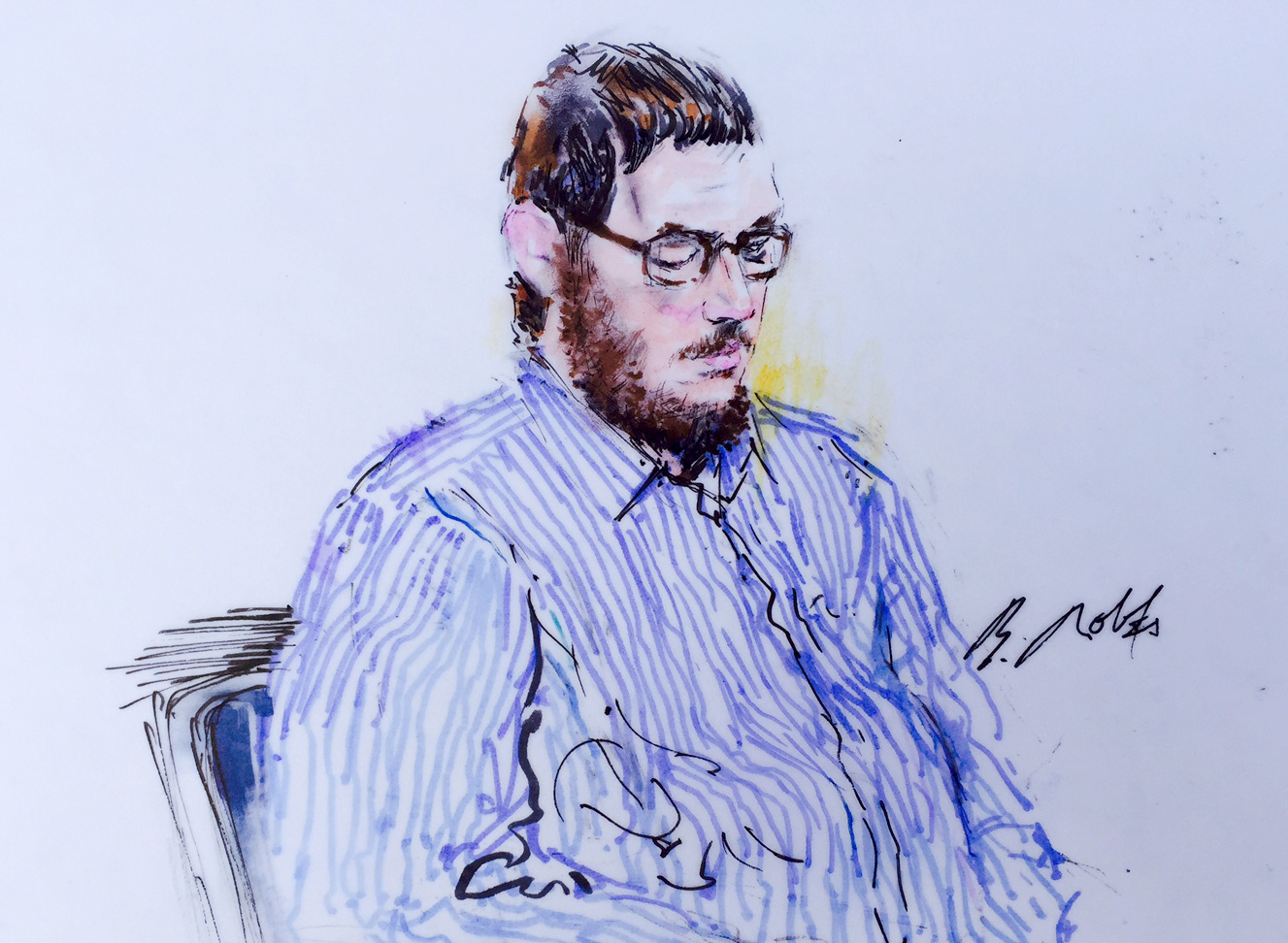
Posted 10:00 a.m. | Updated 5:30 p.m.
District Attorney George Brauchler made an impassioned plea to the jury in the Aurora theater shooting trial on Tuesday, asking its members to hold Holmes "accountable for what he did."
"That guy was sane beyond a reasonable doubt," Brauchler told the jury in his closing arguments.
Defense attorney Dan King countered that every doctor who examined Holmes after the attack concluded he suffers from a schizophrenic disorder.
"Do good, be strong. Do the right thing. He's not guilty by reason of insanity," King concluded.
The statements on Tuesday were the last step in the trial before the jury deliberates and decides the fate of Holmes, who is accused of killing 12 people almost three years ago. He could face the death penalty. Holmes' defense team argues he is not guilty by reason of insanity.
DA calls Holmes "anything but psychotic"
Brauchler said Holmes’ mental illness at the time of the attack was not severe enough to support his defense.
- The 12 lives lost in the attack
- The charges against Holmes
- Timeline from Holmes' arrival in Colorado
He contrasted the Batman movie premiering that night at the theater with the horror that followed. Brauchler said theater-goers came expecting to see a hero.
"Instead a different figure appeared by the screen dressed all in black. And he came there with one thing in his heart and in his mind, and that was mass murder," Brauchler said.
Brauchler told the jury that the fact Holmes surrendered to police afterward shows he didn’t want to be shot trying to escape.
"That is logical, that is rational, and that is anything, anything but psychotic," he said.
During nearly three months of testimony, Brauchler argued that Holmes methodically planned and carried out the attack. Two court-appointed doctors who examined him said he was mentally ill but legally sane.
Defense: "Mental illness caused this to happen"
In his closing arguments, Holmes' defense attorney Dan King continued to try to tie the attack to Holmes' mental state.
"You cannot divorce the mental illness from this case or from Mr. Holmes, because the mental illness caused this to happen," King said.
King argued that everything Holmes did to hide his planning is evidence that he was conflicted about going through with the attack.
"That's a symptom of the mental illness, that you want to be fixed and at the same time that you don't," King said. "Through all of these interviews with the experts, he talks about the struggle going on inside of himself. And that's consistent with schizophrenia."
Defense attorneys have argued Holmes was in the grips of a psychotic episode that rendered him unable to tell right from wrong. Two defense witnesses testified that Holmes was legally insane.
However, two court-appointed experts concluded that Holmes met the legal definition for sanity at the time of the attack.
Jurors start their deliberations Wednesday. If they find Holmes not guilty by reason of insanity, he will be sent to the Colorado Mental Health Institute in Pueblo -- possibly for the rest of his life.
If convicted, the trial will enter a death penalty phase. At that point, defense attorneys will argue while their client may not have been legally insane during the attack, his mental illness is enough of a mitigating factor that he should not be executed, and instead spend the rest of his life in prison.









